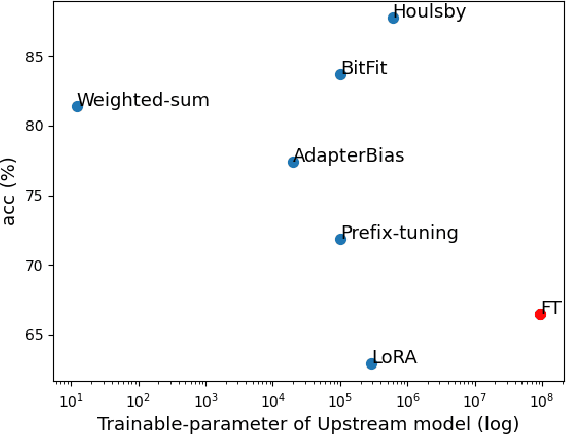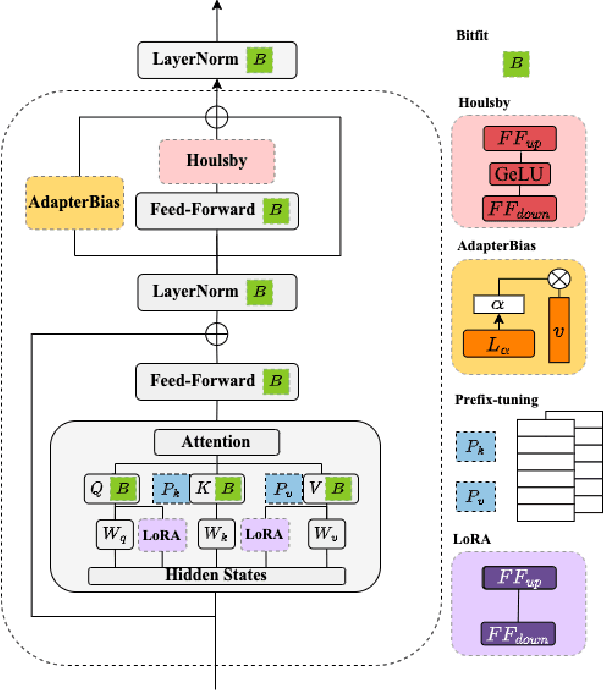Chih-Ying Liu
Unlocking Robust Segmentation Across All Age Groups via Continual Learning
Apr 19, 2024


Abstract:Most deep learning models in medical imaging are trained on adult data with unclear performance on pediatric images. In this work, we aim to address this challenge in the context of automated anatomy segmentation in whole-body Computed Tomography (CT). We evaluate the performance of CT organ segmentation algorithms trained on adult data when applied to pediatric CT volumes and identify substantial age-dependent underperformance. We subsequently propose and evaluate strategies, including data augmentation and continual learning approaches, to achieve good segmentation accuracy across all age groups. Our best-performing model, trained using continual learning, achieves high segmentation accuracy on both adult and pediatric data (Dice scores of 0.90 and 0.84 respectively).
Exploring Efficient-tuning Methods in Self-supervised Speech Models
Oct 10, 2022



Abstract:In this study, we aim to explore efficient tuning methods for speech self-supervised learning. Recent studies show that self-supervised learning (SSL) can learn powerful representations for different speech tasks. However, fine-tuning pre-trained models for each downstream task is parameter-inefficient since SSL models are notoriously large with millions of parameters. Adapters are lightweight modules commonly used in NLP to solve this problem. In downstream tasks, the parameters of SSL models are frozen, and only the adapters are trained. Given the lack of studies generally exploring the effectiveness of adapters for self-supervised speech tasks, we intend to fill this gap by adding various adapter modules in pre-trained speech SSL models. We show that the performance parity can be achieved with over 90% parameter reduction, and discussed the pros and cons of efficient tuning techniques. This is the first comprehensive investigation of various adapter types across speech tasks.
 Add to Chrome
Add to Chrome Add to Firefox
Add to Firefox Add to Edge
Add to Edge